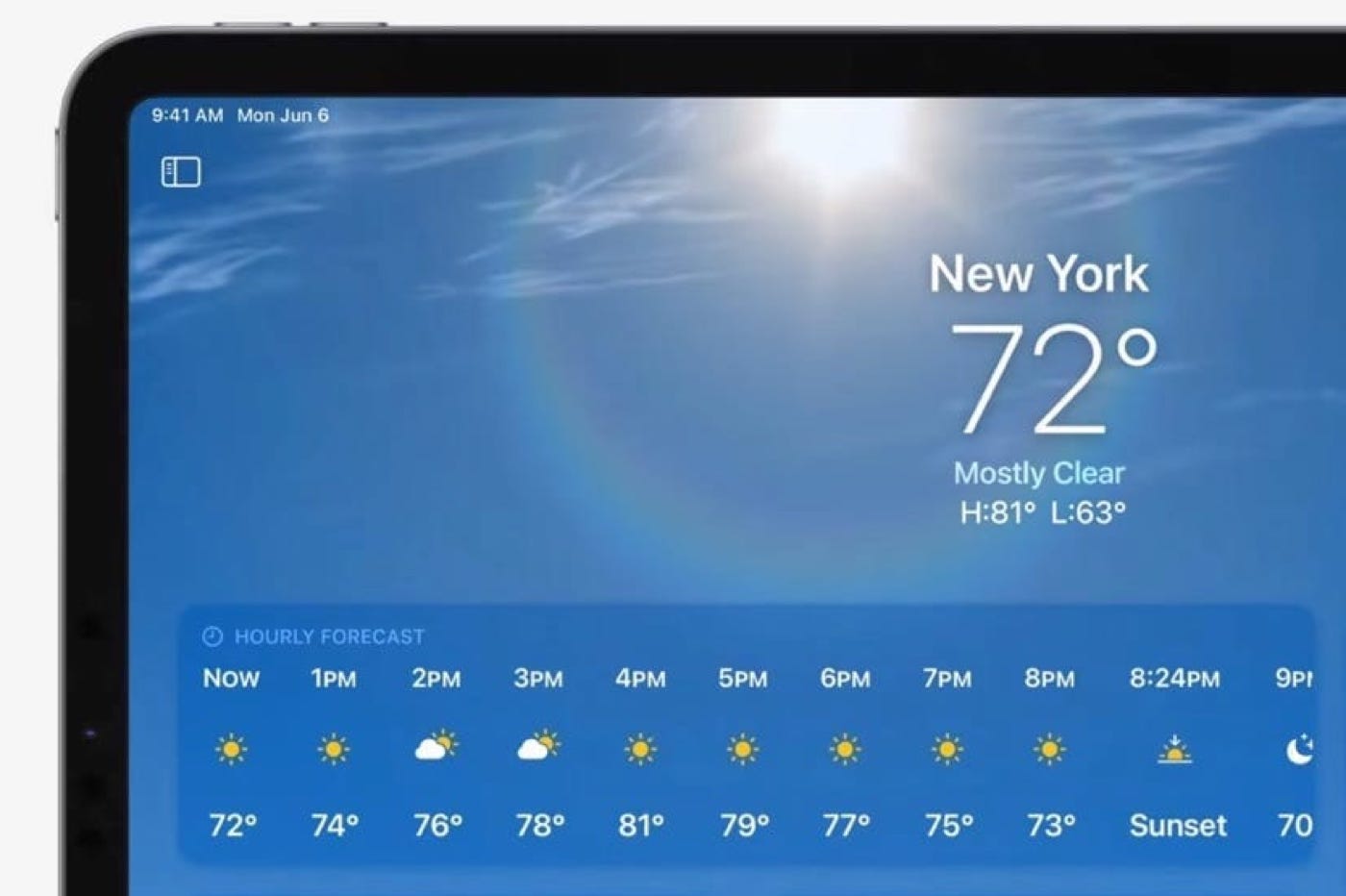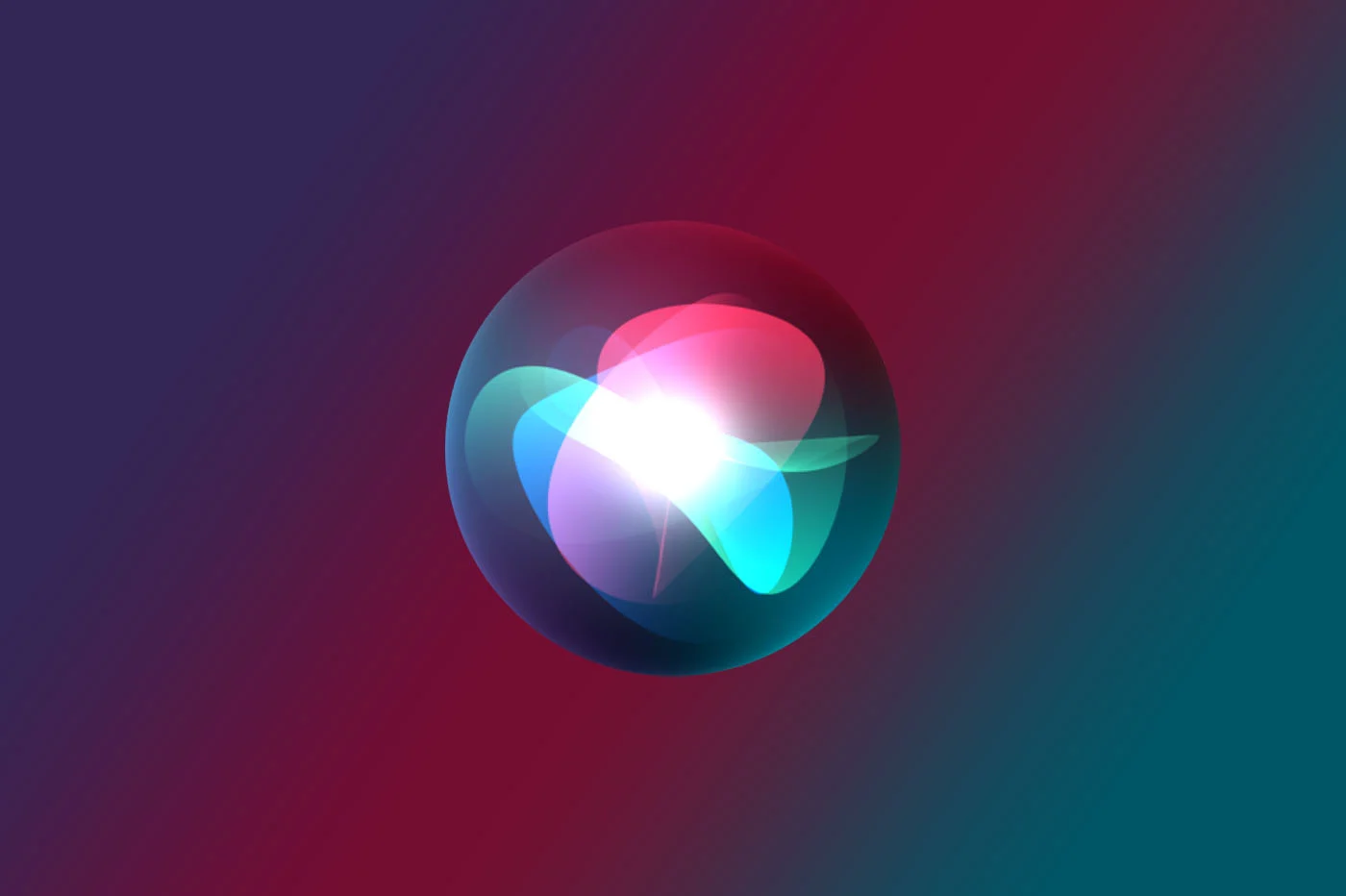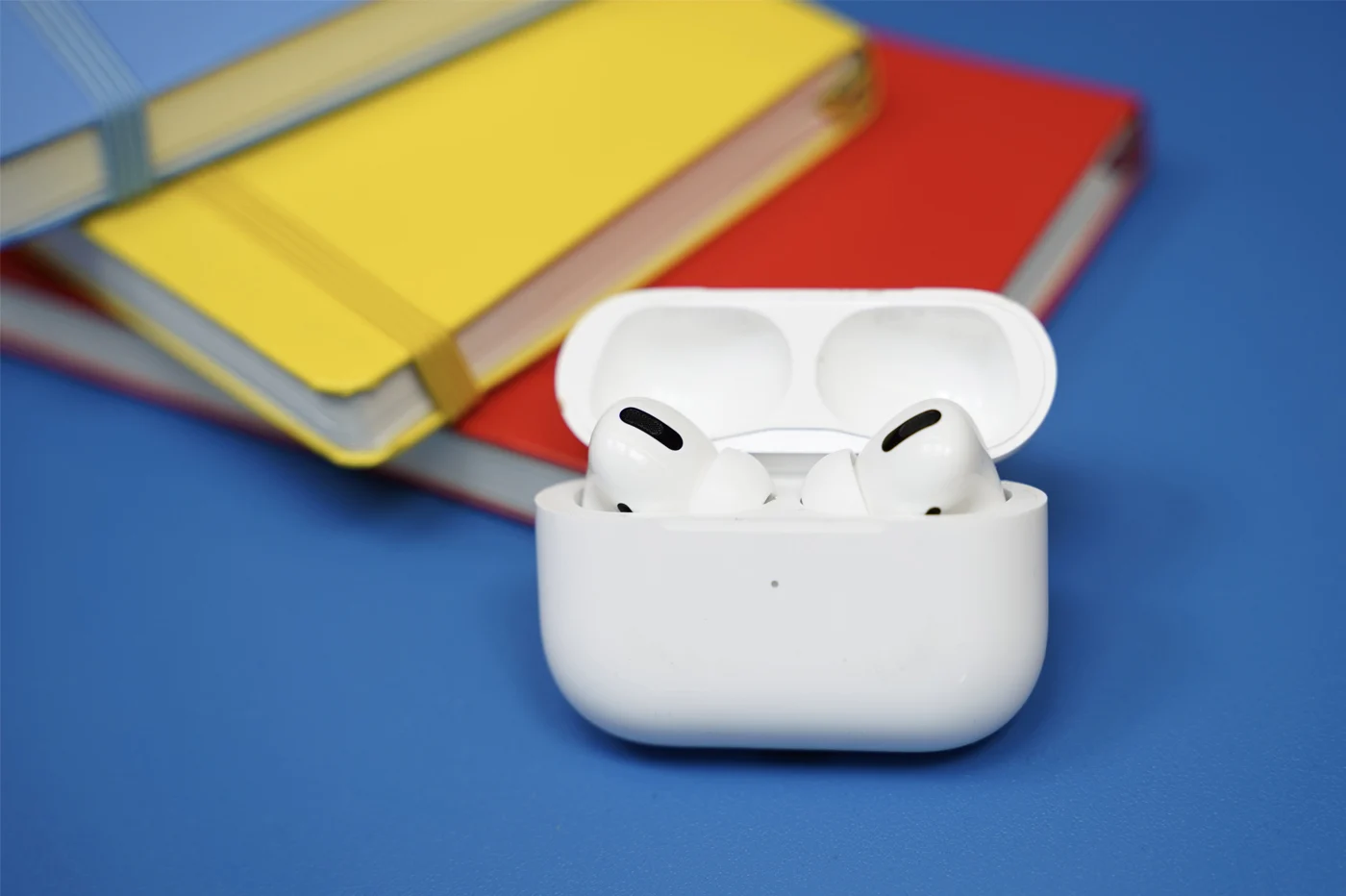Remember: no later thanlast August, Apple was criticized internationally for wanting to access the private images of millions of users. For the firm's detractors, it was above all a question of knowing whether the firm would be ready to make this analysis system available to, potentially, comply with the security laws of certain countries. We know in fact that governments - like France - do not hesitate to spy on their citizens under the guise of the fight against terrorism.
Basically, the project was limited solely to the search for child pornography, with many fearing that a large number of possible pedophiles would be imprisoned. But more totalitarian regions such as China could go even further, for example by trying to identify the aspirations of political opponents using iCloud data. What Cupertino has always – officially – refused to do. And yet.
Scathing counter-examples
The Navalny application, support for the contested leader of Russia of the future, has in fact just been purely and simply deleted from the App Store (this is also the case on Google Play). An incident due to serious threats from managers on site towards Alphabet and Apple employees. The latter's commitments are therefore called into question: it is difficult to advocate neutrality after having responded so quickly to a controversial state request.
What's more, Internet users have just noticed that a new key option in iOS 15 is also inaccessible in the land of the tsars. This is iCloud Private Relay, a sort of improved VPN whose stated objective is to make communications more difficult to trace. However, the tool worked perfectly during previous betas in the region, so much so that everything points to once again pointing to its censorship policy as responsible.
It doesn’t stop there. Yesterday they turned their new Private Relay quasi-VPN service off for Russians even though it worked fine in iOS beta versions plus there’s still hundreds of RU IP addresses reserved for it. No explanation givenhttps://t.co/oEDidMTIYJ(link in Russian)
— borodikhin (@gjardharr)September 17, 2021
Double standards
Surprisingly, however, it happens that Apple does as it pleases when it comes to complying or not with legislators and the executive. On the Old Continent, for example, parliamentarians recently chose to ignore the Lightning port in favor of a standard that is much more ecological and practical because it is universal: USB-C.Apple's response? An iPhone without a socket!

i-nfo.fr - Official iPhon.fr app
By : Keleops AG






